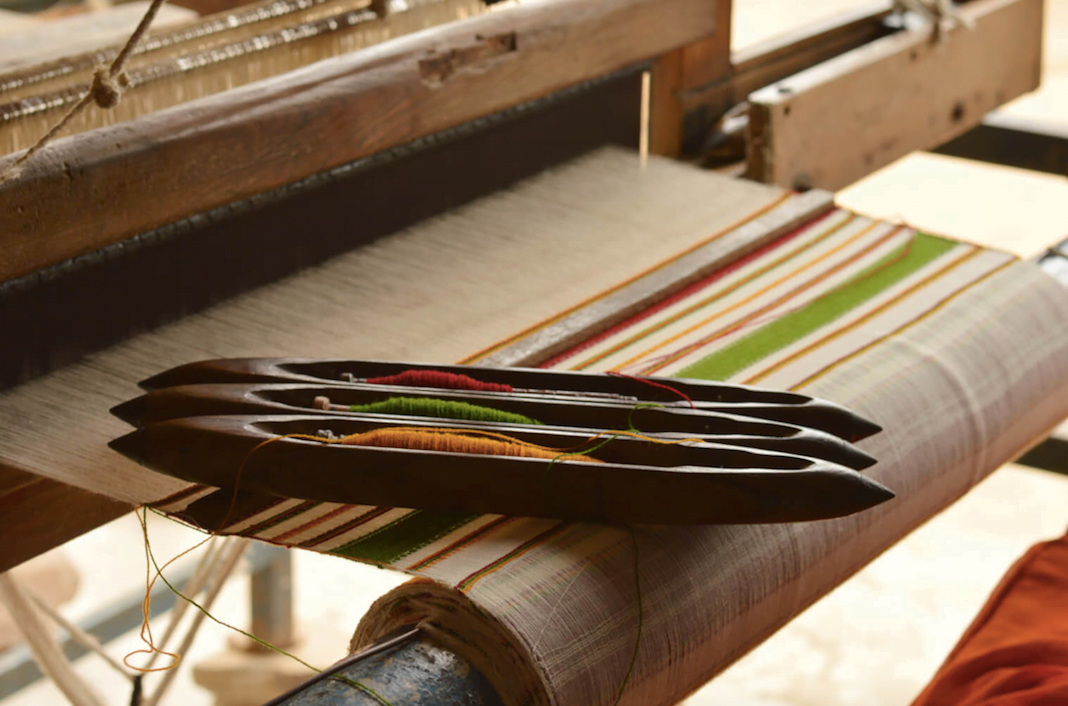ACKnowl-EJ (Academic-Activist Co-Produced Knowledge for Environmental Justice) was a network of scholars and activists engaged in action and collaborative research, that aimed to analyze the transformative potential of community responses to extractivism and alternatives born from resistance. We aimed to co-produce knowledge that can empower communities to push for change and geared towards the needs of social groups, advocates, citizens and social movements. TO KNOW MORE CLICK HERE.

Forest Resource Rights, Gram Sabha empowerment and Alternative Transformations in Korchi
The adivasis and other traditional forest dwellers of Korchi taluka in Gadchiroli district, Maharashtra, India have protected their water, forests, and land using their traditional knowledge generation after generation. Village assemblies in Korchi, India, along with resisting against mining, are actively engaged in reimagining and reconstructing local governance institutions. The women’s collective is also asserting their voice in these emerging decision-making spaces.
This study documents and examines the emergence of this multi-dimensional transformative process in Korchi from 2016-2019. The process of establishing direct forms of democracy, management and conservation of forest, localising control over their livelihoods, raising gender and caste equity concerns, and reviving cultural identity are some of the elements in this story of transformation. An analysis of the process contributes to a more general understanding of transformations that this study is part of. The study also attempts to articulate visions of development or wellbeing inherent in these processes of transformations.
Location: Korchi taluka, Gadchiroli district, Maharashtra

Raika Women Speak: Articulation from Four Villages Around Kumbhalgarh Wildlife Sanctuary
This study aims to document the worldviews of the pastoralist Godwar Raika women living around the Kumbhalgarh Wildlife Sanctuary in Pali district of Rajasthan. Their articulations provide a glimpse of the changes that have taken place within and around the community over generations and how women cope with shrinking commons as a result of exclusionary conservation policies leading to restricted access to commons, privatization of grazing commons and breakdown of the interrelationships among the various communities in the landscape who were earlier interdependent on each other. It explores the agency of the Raika women at different levels - household, community, institutions and discourses and how they negotiate with the changes that occur within and outside their communities.
Location: Pali District, Rajasthan, India

Sandhani - Weaving Transformations in Kachchh, India: Key Findings and Analysis
This is a study of the multiple dimensions of transformation taking place in the livelihoods of the vankar (weaver) community of Kachchh (Gujarat, India), linked to an overall revival of the handloom weaving (vanaat) craft from a time when it was in sharp decline. Using a participatory analytical tool called the Alternatives Transformation Format, the study assessed, changes taking place in economic, social, cultural, political and ecological spheres of the community’s life. It looked at whether such changes are towards justice and sustainability.
The study explored key factors in bringing about such transformations, including the role of agency, and the key circumstances (in economy and society) that contribute. It looked briefly at how robust or fragile the transformation towards well-being is, and brought out key lessons for transformations towards justice and sustainability. As a specific sub-focus in the study, an ‘ecological footprint assessment’ was attempted, comparing the impacts of kala cotton and genetically modified (Bt) cotton.
Location: Kachchh, Gujarat
SERIES OF SIX FILMS (in two languages)
FULL REPORT:
KEY FINDINGS AND ANALYSIS:
